Penalty for living in a shed: It might land you in serious legal trouble. Have you ever thought about downsizing your living space and living in a shed? It might seem like a great idea to save money on rent or to have a more minimalist lifestyle.
But before you take the plunge, you should know that living in a shed might land you in some serious legal trouble.
Zoning laws dictate what you can and cannot do with your property, including where and how you can live. While some people might try to circumvent these laws, the penalties for breaking them can be severe.
In this article, we’ll explore 10 insane penalties for living in a shed. From hefty fines to jail time, these penalties will make you think twice before setting up shop in your backyard.
We’ll also take a look at some creative solutions that might help you live in a shed legally, so you can make the most of your tiny home without risking a run-in with the law.
So, whether you’re a minimalist looking to simplify your life or just curious about the legal implications of living in a shed, keep reading to learn about the surprising penalties that could come with breaking zoning laws.
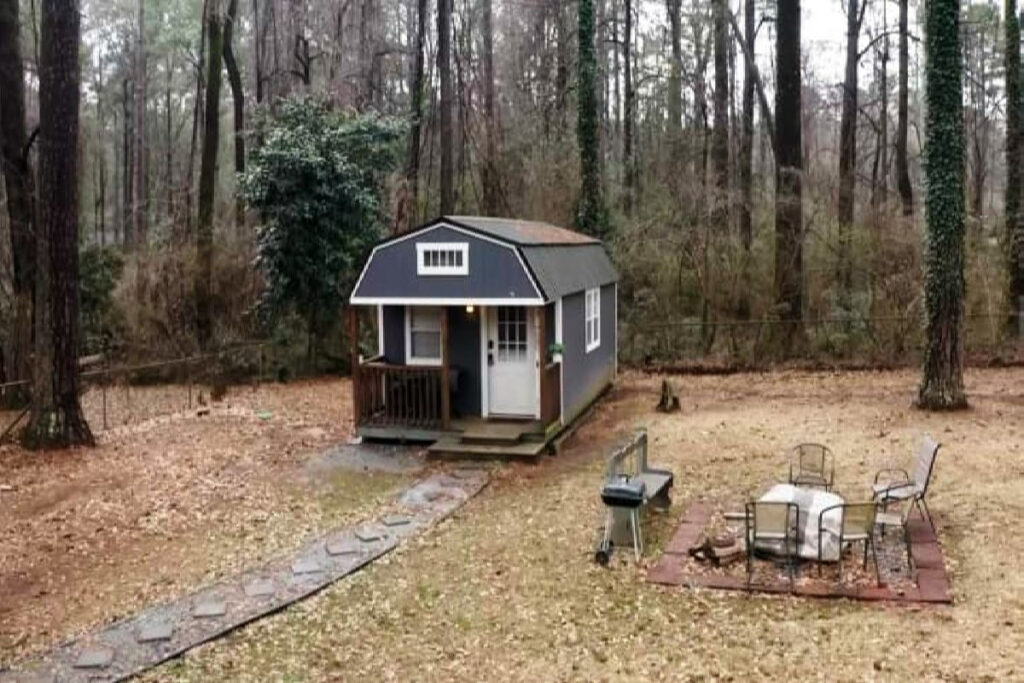
Penalty for living in a shed
Breaking zoning laws about living in a shed can have serious consequences. It’s important to understand that zoning laws exist to regulate land use and protect public safety.
Living in a shed may seem like an affordable and attractive housing option, but it’s typically not allowed by zoning laws. If you’re thinking about living in a shed, it’s essential to check your local zoning laws and building codes.
Zoning laws vary from place to place, and some areas may allow sheds to be used for living purposes under certain conditions, such as size, insulation, and proximity to the main residence.
However, in most cases, sheds are not designed for living, and zoning laws strictly prohibit using them as a permanent residence.
Living in a shed can pose serious safety hazards, such as poor ventilation, inadequate insulation, and electrical wiring issues, which could lead to fire or carbon monoxide poisoning. Moreover, living in a shed can be illegal, and if caught, you could face hefty fines, eviction, or even criminal charges.
It’s important to note that living in a shed without proper permits or zoning approval can also affect your property’s resale value and insurance coverage.
In conclusion, while living in a shed may seem like a cheap and attractive housing option, it’s vital to understand the legal and safety implications.
Always check your local zoning laws and building codes and consider other affordable housing alternatives, such as tiny houses, container homes, or manufactured homes, which are designed and regulated for permanent living.
Top pick
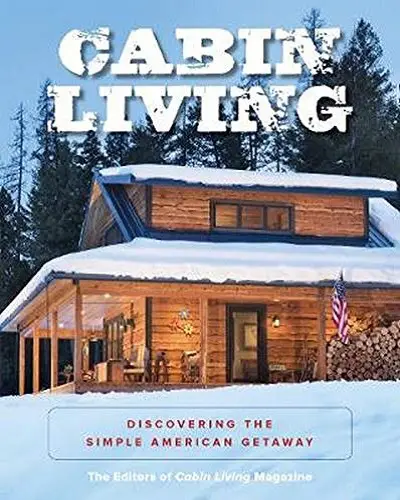
Editor’s choice
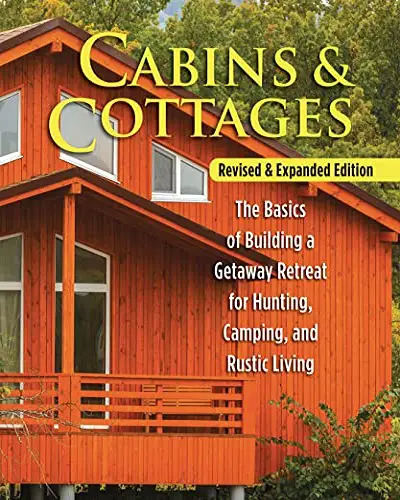
Best value
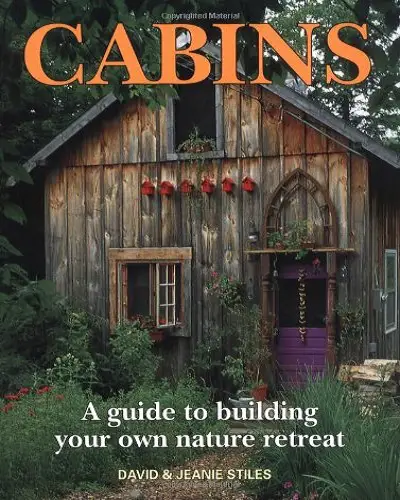
1. Zoning laws 101
Zoning laws are a critical component of urban planning and development. These laws dictate how land can be used within a given jurisdiction, whether it be a city, town, or county.
Zoning laws are typically implemented to ensure that different areas of a community are used in ways that are compatible with each other and that promote the overall well-being of the community.
There are several different types of zoning laws, each of which is designed to regulate a particular type of land use.
Residential zoning laws, for example, dictate how land can be used for housing, while commercial zoning laws regulate how land can be used for businesses and other commercial purposes.
Industrial zoning laws, on the other hand, are used to regulate areas used for factories, warehouses, and other industrial facilities.
Zoning laws are created by local governments, typically through a planning commission or zoning board. These laws are often the result of extensive public input and are designed to reflect the needs and desires of the community.
Zoning laws can be a contentious issue, as they often dictate how property owners can use their land. However, they are an essential tool for managing growth and development in a way that benefits the entire community.
Overall, zoning laws play a crucial role in shaping our cities and towns. They help ensure that development is managed in a way that is sustainable and that promotes the well-being of everyone in the community.
If you are planning to buy or develop land, it is essential to familiarize yourself with the zoning laws in your area to ensure that you are in compliance with all relevant regulations.
Also see: Can You Convert A Shed Into A Tiny Home?
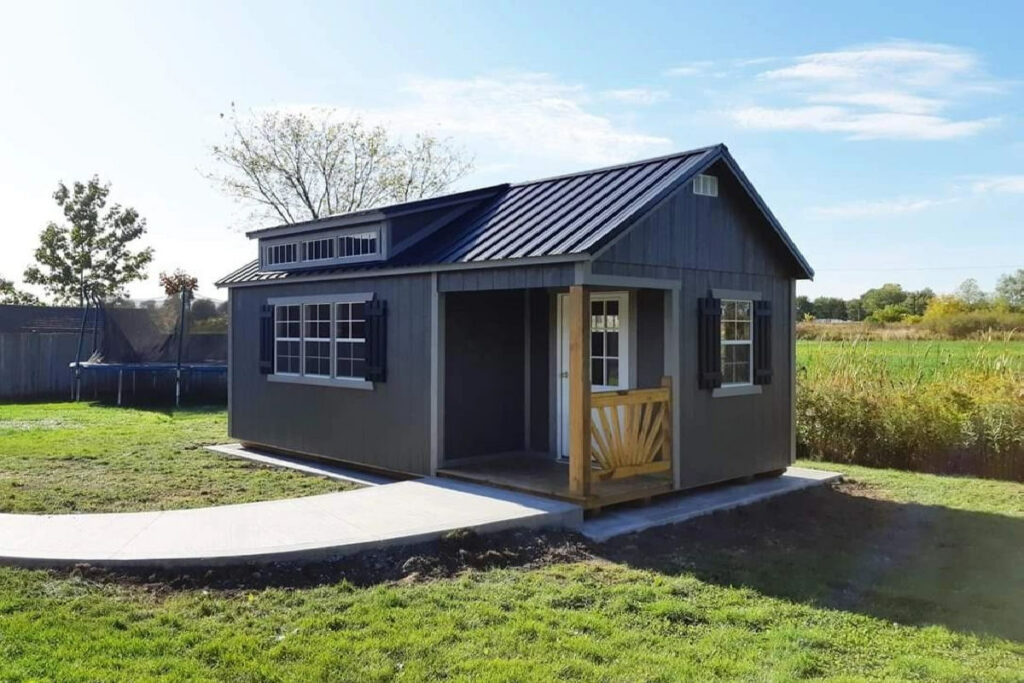
2. Fines and fees
Breaking zoning laws can have serious consequences, including fines and fees that can add up quickly. Zoning laws are put in place to ensure that properties are used in ways that are safe and appropriate for the surrounding area.
When these laws are violated, it can lead to a variety of problems, including increased traffic, noise pollution, and reduced property values. In many cases, fines and fees for breaking zoning laws are determined by the severity of the violation.
For example, building a structure that is not permitted in a certain zoning district may result in a higher fine than operating a business without the proper permit.
In addition to fines, individuals who violate zoning laws may be required to pay fees for permits, inspections, and other related costs.
It’s important to note that fines and fees for breaking zoning laws can vary widely depending on the location and the specific violation. Some municipalities may be more lenient in their enforcement, while others may be more strict.
It’s also possible for fines and fees to increase over time if a violation is not corrected, leading to even more significant costs.
To avoid fines and fees for breaking zoning laws, it’s important to understand the regulations in your area and ensure that any construction or property use is in compliance.
If you are unsure about the legality of a certain activity, it’s always a good idea to consult with a zoning attorney or other legal professional who can provide guidance and help avoid potential violations.
By being proactive and staying informed about zoning laws, you can avoid costly fines and fees and ensure that your property is being used in a safe and appropriate manner.
Top pick
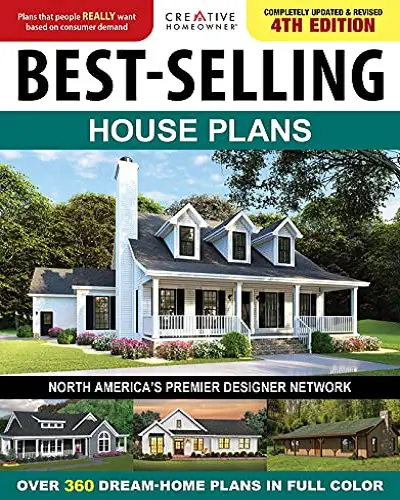
Editor’s choice
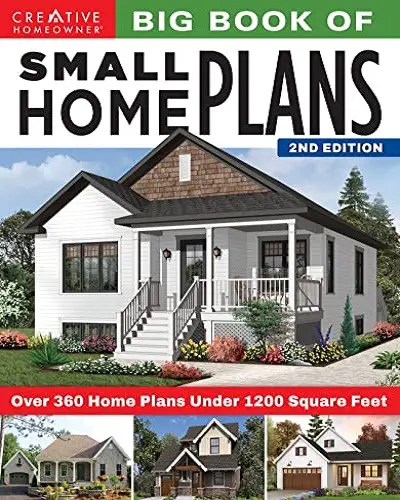
Best value
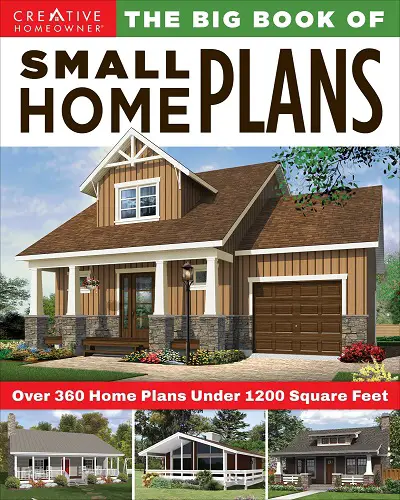
3. Forced eviction
Living in a shed or other non-traditional housing arrangement may seem like a cost-effective way to save on rent or mortgage payments. However, if you violate zoning laws by using a shed as a permanent dwelling.
You may be subject to forced eviction. Zoning laws exist to regulate land use and ensure that neighborhoods remain safe and habitable.
Sheds and other temporary structures are often classified as accessory buildings and may only be used for storage, workshops, or other temporary purposes.
If you convert a shed into a permanent dwelling without obtaining the necessary permits and approvals, you may be in violation of local zoning laws.
If a complaint is made to the authorities about your use of a shed as a permanent dwelling, you may be ordered to vacate the property. Depending on the severity of the violation, you may be given a period of time to remedy the situation or face immediate eviction.
Forced eviction can be a stressful and traumatic experience, particularly if you have invested time and resources in improving your living space.
To avoid forced eviction, it is important to research and understand local zoning laws before choosing to live in a non-traditional housing arrangement.
If you are unsure whether your shed or other temporary structure complies with local zoning laws, you should contact your local planning and zoning department for guidance. By doing so, you can ensure that you are living in a safe and legal manner, without the risk of facing forced eviction.
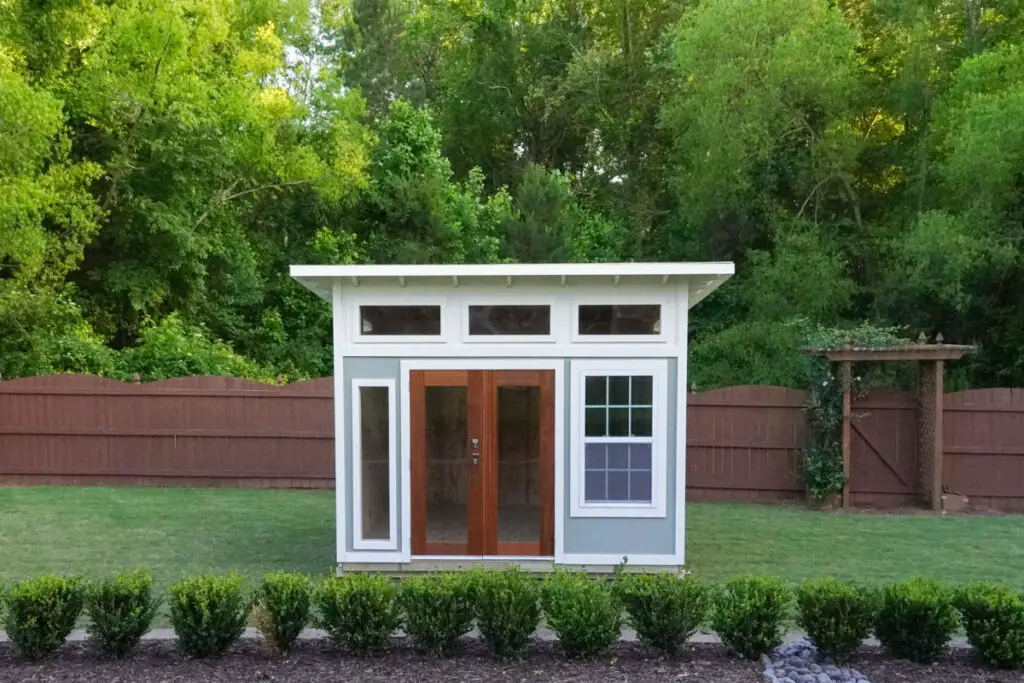
4. Legal troubles
Living in a shed may seem like a cheaper and simpler option compared to renting a house or apartment. However, there are certain legal troubles that can arise from residing in a shed.
Especially if it does not meet local building codes and zoning laws. In this article section, we’ll discuss some of the potential legal issues that you may encounter when living in a shed.
Firstly, most sheds are not designed for human habitation, which means they are not built to meet the safety standards and building codes required for residential structures. As a result, living in a shed may put you at risk of accidents or injuries.
Furthermore, if you decide to sell the property in the future, the shed may not be counted as a legal living space, which could affect the value of your property.
Secondly, sheds are typically not zoned for residential use, which means that it may be illegal to live in a shed in your area. If your shed is not permitted for residential use, you could be fined or even evicted from your property.
Additionally, if your neighbors complain to the authorities about your living situation, you may be required to vacate the premises.
Finally, living in a shed may also violate local health and sanitation codes, especially if you do not have access to running water, proper sanitation facilities, or electricity.
This could put you and your family at risk of diseases and infections, and it could also result in legal trouble if you are found to be in violation of local health codes.
While living in a shed may seem like a cheap and easy way to save on rent, it is important to consider the potential legal troubles that come with it.
Make sure that your shed is up to code and permitted for residential use, and ensure that you have access to basic amenities and facilities. This will not only keep you safe and healthy but will also ensure that you are not at risk of legal trouble.
Also see: How Much Is A Tiny House In Georgia
Top pick
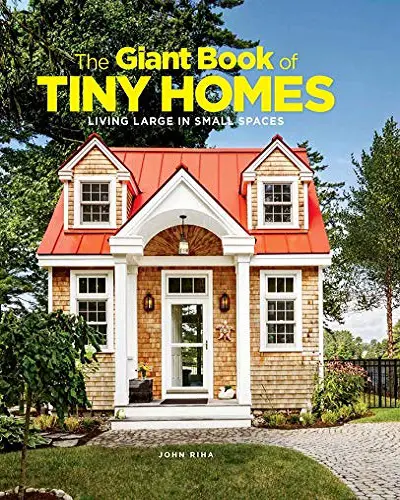
Editor’s choice
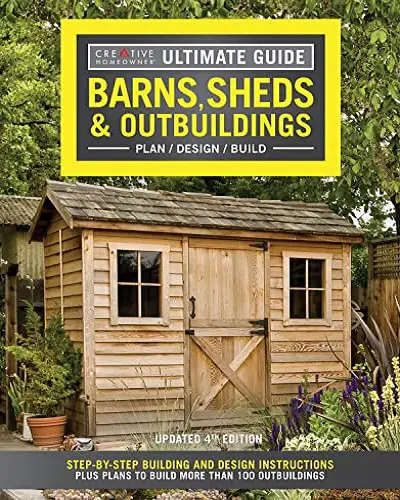
Best value
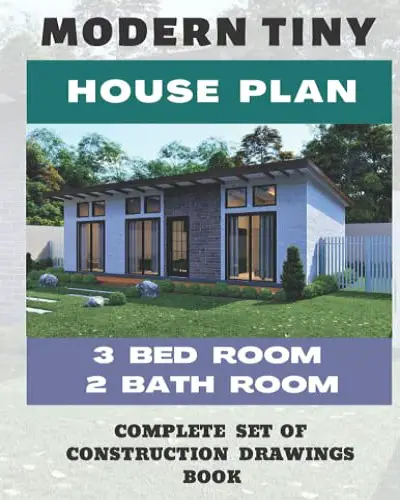
5. Property value
When it comes to property value, there are a variety of factors that can influence how much your home is worth. One factor that many homeowners may not consider is the impact of living in a shed on their home’s value.
Living in a shed may seem like an unconventional choice, but it can be an affordable and convenient option for those looking for a simple living space.
However, it’s important to understand that this lifestyle choice may have an impact on your home’s value.
First and foremost, it’s important to check with your local zoning laws to see if living in a shed is even legal in your area. If it is, there may still be restrictions on the size and type of shed you can live in.
Assuming you’re legally allowed to live in a shed, there are a few ways it could potentially affect your property value. On the one hand, it could be seen as a unique selling point for certain buyers who are attracted to alternative living spaces.
However, for many potential buyers, living in a shed may be seen as a negative factor that decreases the value of the property.
Additionally, if the shed is not up to code or lacks proper utilities such as plumbing and electricity, this could further decrease the property’s value. It’s important to make sure that any shed used for living is up to code and has all necessary permits and approvals.
In summary, living in a shed can be a unique and affordable living option, but it’s important to understand the potential impact on your property value.
Before making any decisions, make sure to research your local zoning laws and consult with a real estate professional to fully understand the implications.
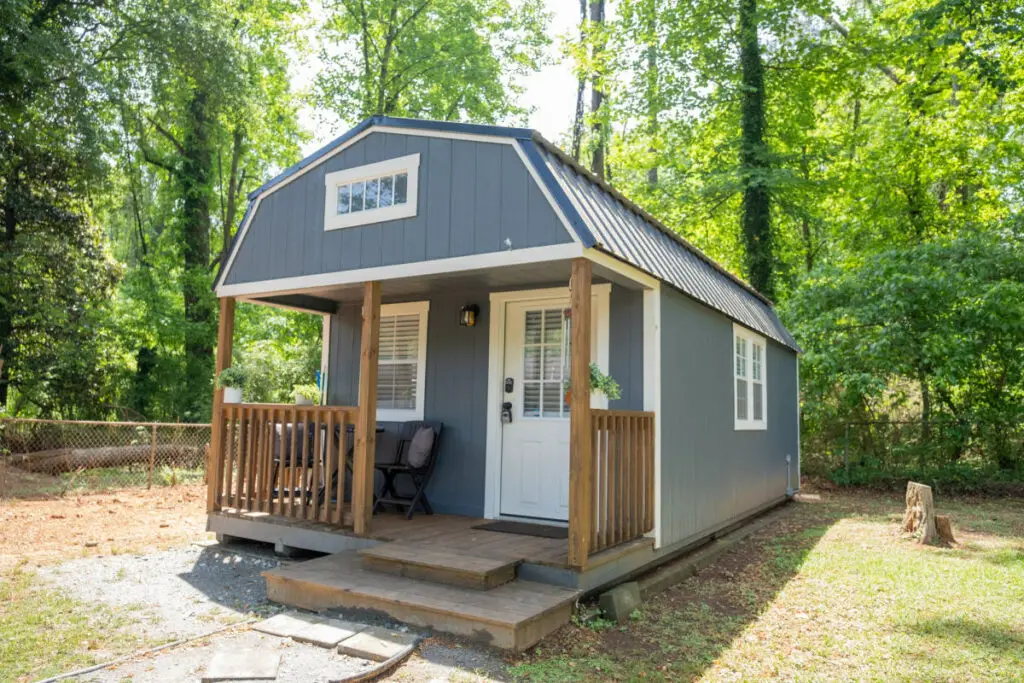
6. Community outcry
How your neighbors can affect zoning enforcement, breaking zoning laws can have severe consequences for property owners and developers alike.
One of the penalties for violating zoning regulations is facing a community outcry, which can be a powerful force in shaping public opinion and influencing the decision-making process of local officials.
When a property owner or developer is found to have broken zoning laws, the resulting community outcry can lead to public shaming, damage to reputations, and negative media attention.
In some cases, it can even lead to legal action, fines, and revocation of permits. The consequences of community outcry can be particularly damaging for businesses that rely on public support, as it can result in lost revenue and damage to their brand.
Therefore, it is essential to stay within the bounds of zoning regulations to avoid facing such consequences. Breaking zoning laws can have serious repercussions, including facing a community outcry.
As such, it is crucial for property owners and developers to familiarize themselves with local zoning regulations to avoid violating them and to maintain the goodwill of the community they operate in.
Also see: Can Tiny Homes Be Built On A Foundation
7. Environmental concerns
The Impact of Living in a Shed on the Surrounding Area, The beauty of our planet often evokes a sense of wonder and responsibility to protect it.
When it comes to Environmental Concerns, penalties for breaking zoning laws can play a vital role in safeguarding our precious ecosystems. These infractions, which compromise our environment’s integrity, are met with stringent consequences.
Zoning laws are essential for maintaining ecological equilibrium, and transgressions can lead to substantial fines or even imprisonment.
As stewards of the earth, we must diligently adhere to these regulations and ensure our actions don’t exacerbate the delicate balance of our ecosystems.
After all, honoring these laws contributes to the long-term sustainability of the environment, allowing future generations to cherish our shared home.
8. Lack of Amenities
The dangers of living in a shed without proper utilities, Living in a shed may seem like a cheap and easy solution for those in need of shelter, but the reality is that it can be extremely dangerous, especially if the shed lacks proper utilities.
The lack of amenities such as running water, electricity, and a proper sewage system can cause a variety of health hazards, including the spread of diseases and the accumulation of waste.
Without running water, personal hygiene becomes a challenge, leading to a higher risk of skin infections and disease. Additionally, living without electricity means no access to heating or cooling systems, making extreme weather conditions unbearable.
In addition, improper sewage disposal can lead to the contamination of soil and water sources, leading to illness and environmental damage.
Living in a shed without proper utilities is not only uncomfortable but also poses significant risks to one’s health and well-being. It is important to ensure that proper amenities are in place before considering living in such a space.
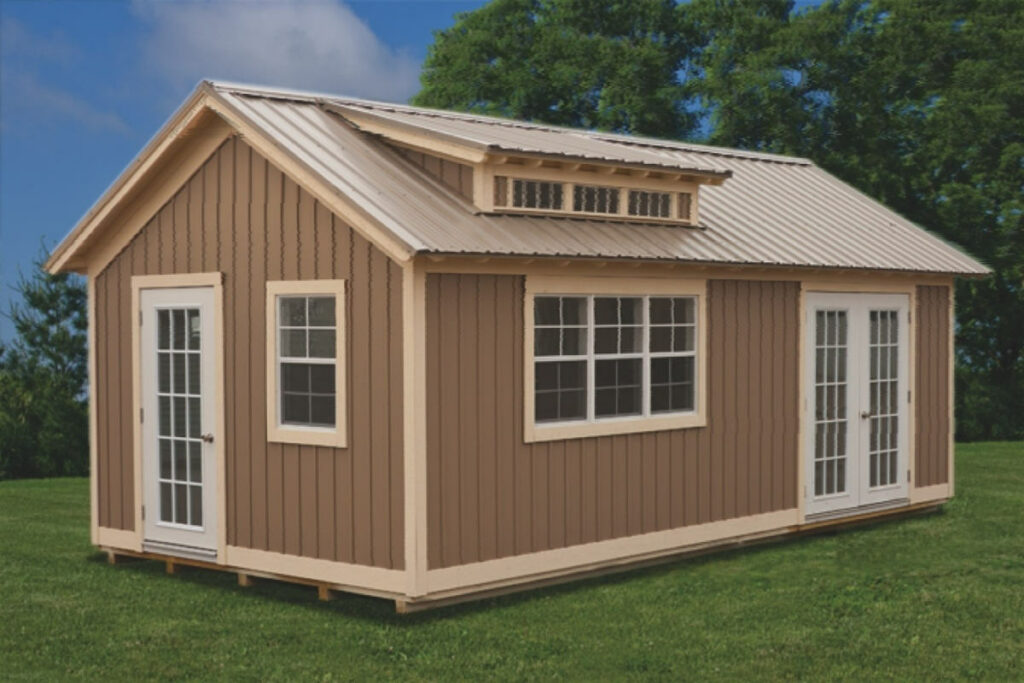
9. Health and safety risks
The Hazards of Living in a Shed, Living in a shed may seem like an affordable housing option, but it comes with a host of hazards.
Firstly, sheds are not built to be lived in, and may not meet building codes, resulting in safety concerns such as structural instability, lack of proper insulation and ventilation, and fire hazards.
Secondly, sheds are often located in isolated areas, leaving occupants vulnerable to crime and natural disasters. Additionally, sheds may be infested with pests such as rodents and insects, which can lead to health problems.
Finally, sheds lack proper amenities such as running water and sewage disposal, which can pose serious health risks. While living in a shed may seem like a viable option, the risks associated with it far outweigh the benefits.
10. Future limitations
The Lasting Consequences of Breaking Zoning Laws, As more people struggle with the cost of housing, living in a shed may seem like a viable option. However, there are future limitations to consider.
Firstly, with the increasing focus on sustainability, governments may impose regulations that prohibit living in sheds due to their poor energy efficiency and negative impact on the environment.
Secondly, as cities continue to expand, sheds may become obsolete due to their lack of space and inability to accommodate growing families.
Lastly, the rising costs of land may make it increasingly difficult to find a suitable location to place a shed, rendering it an impractical housing solution.
While living in a shed may seem like a quick fix, it’s important to consider the long-term limitations and plan for a sustainable future.
Top pick
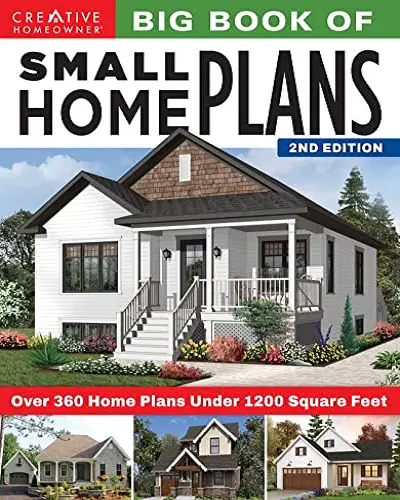
Editor’s choice
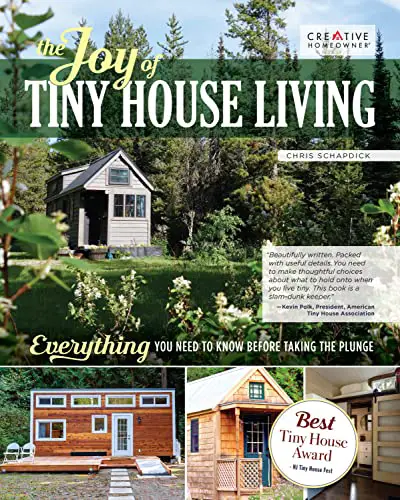
Best value
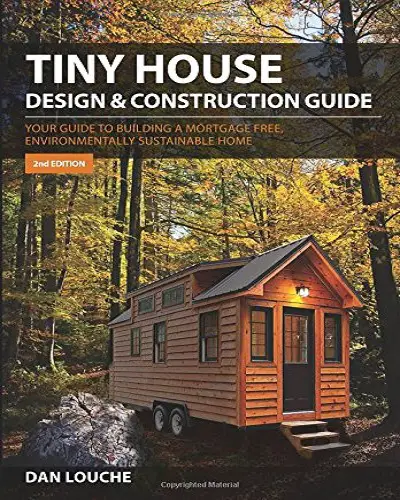
FAQ
1. What are the penalties for living in a shed?
Penalties for living in a shed may include fines, eviction, and violation of zoning laws.
2. Why is it illegal to live in a shed?
Zoning laws prohibit using sheds as primary residences due to safety and habitability concerns.
3. Can I convert my shed into a living space legally?
It depends on local zoning laws and building codes. Consult with your local authorities.
4. What are some alternatives to living in a shed if it’s illegal?
Tiny homes, RVs, mobile homes, or renting an apartment/house are alternatives to living in a shed illegally.
5. What can I do if I have already been penalized for living in a shed? Can I fight the penalty or appeal it in any way?
Consult a lawyer or local housing authority to explore options for appealing or challenging the penalty.
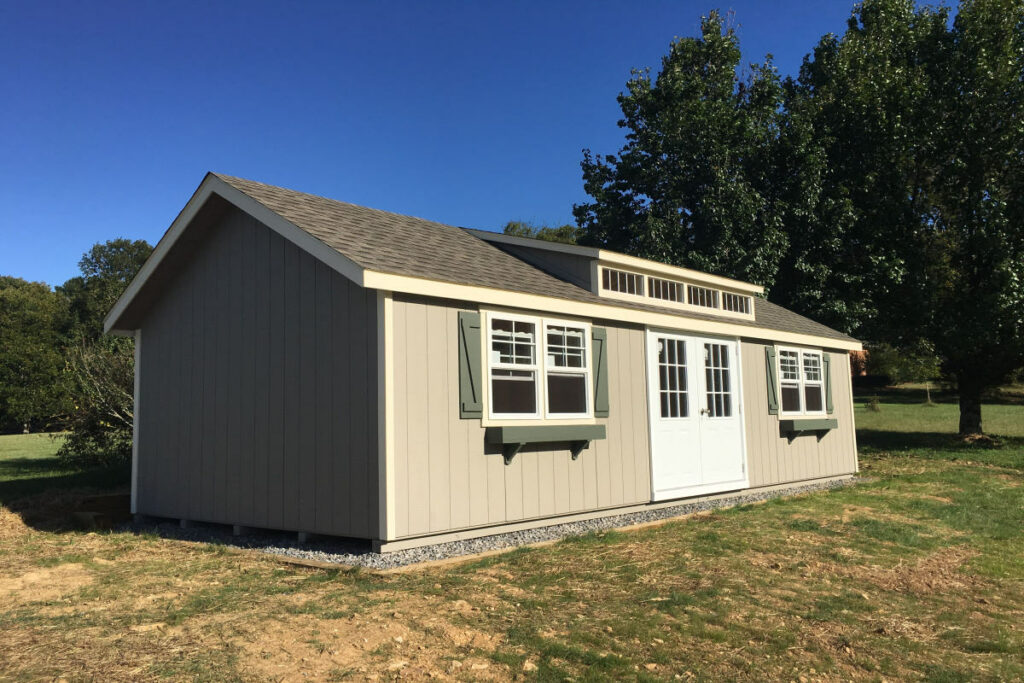
Conclusion
In conclusion, while living in a shed may seem like a tempting option, it’s important to understand the serious risks and limitations that come with it.
Breaking zoning laws can result in insane penalties that can have serious legal and financial consequences. From hefty fines to eviction and even imprisonment, the penalties for living in a shed can be severe.
Not only do sheds lack proper amenities and pose safety concerns, but they may also become obsolete in the future due to their poor energy efficiency and lack of space.
As cities expand and regulations become stricter, living in a shed may no longer be a viable housing option.
Instead, it’s important to plan for a sustainable future and seek out legal housing options that meet building codes and provide the necessary amenities for a safe and comfortable living environment.
While the cost of housing may be a challenge for many, breaking zoning laws and resorting to living in a shed is not the answer.
By being informed and taking the necessary steps to find legal housing solutions, we can ensure a brighter future for ourselves and our communities.
So, let’s break free from the temptation of living in a shed and invest in a sustainable and safe future for all.
Also see: Can You Use A Shed As A Tiny House?

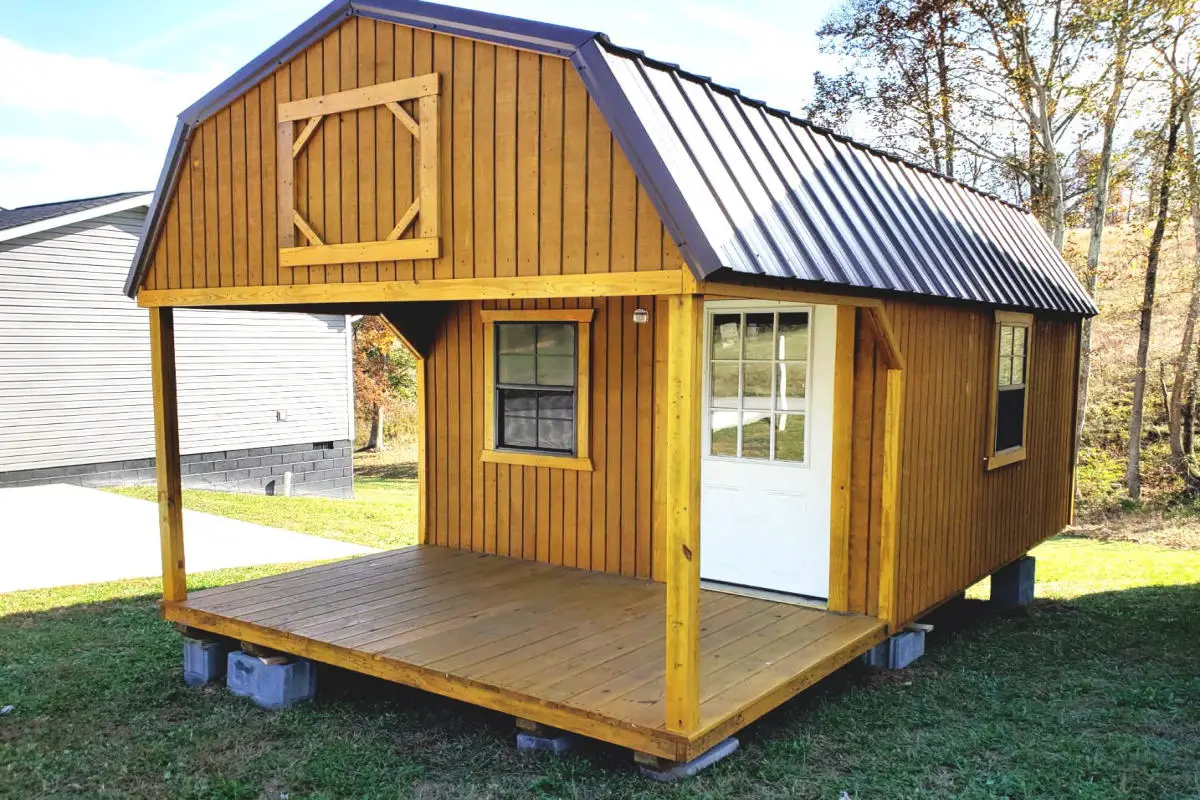
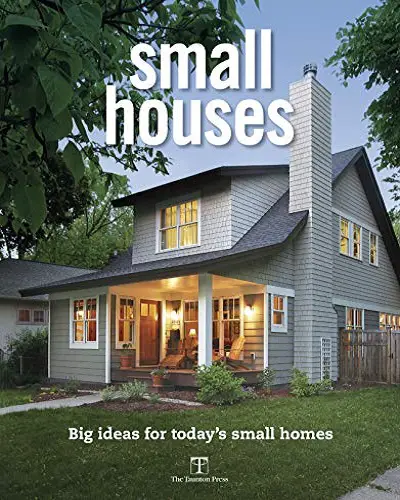
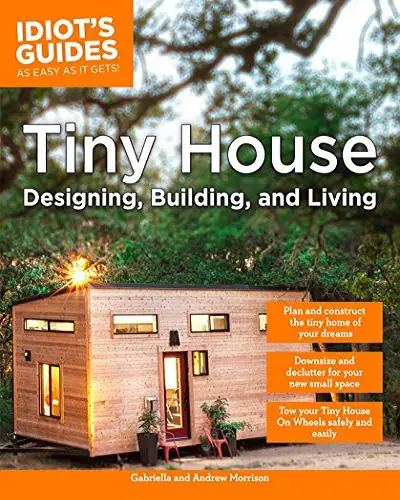
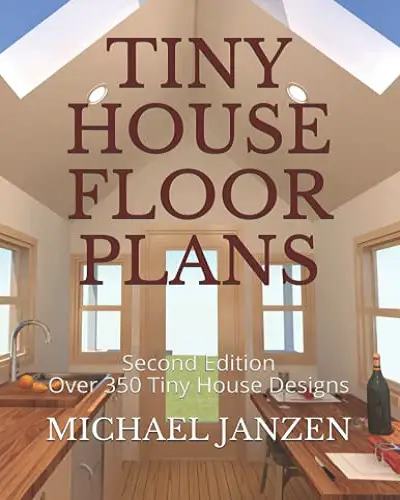
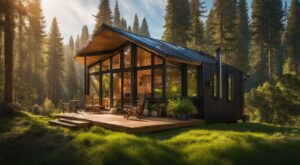
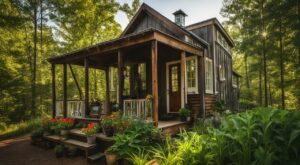
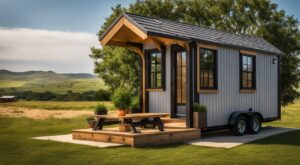
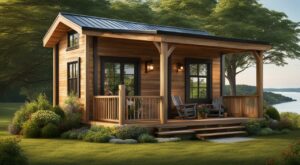
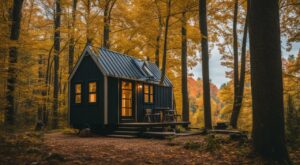
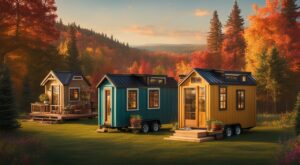
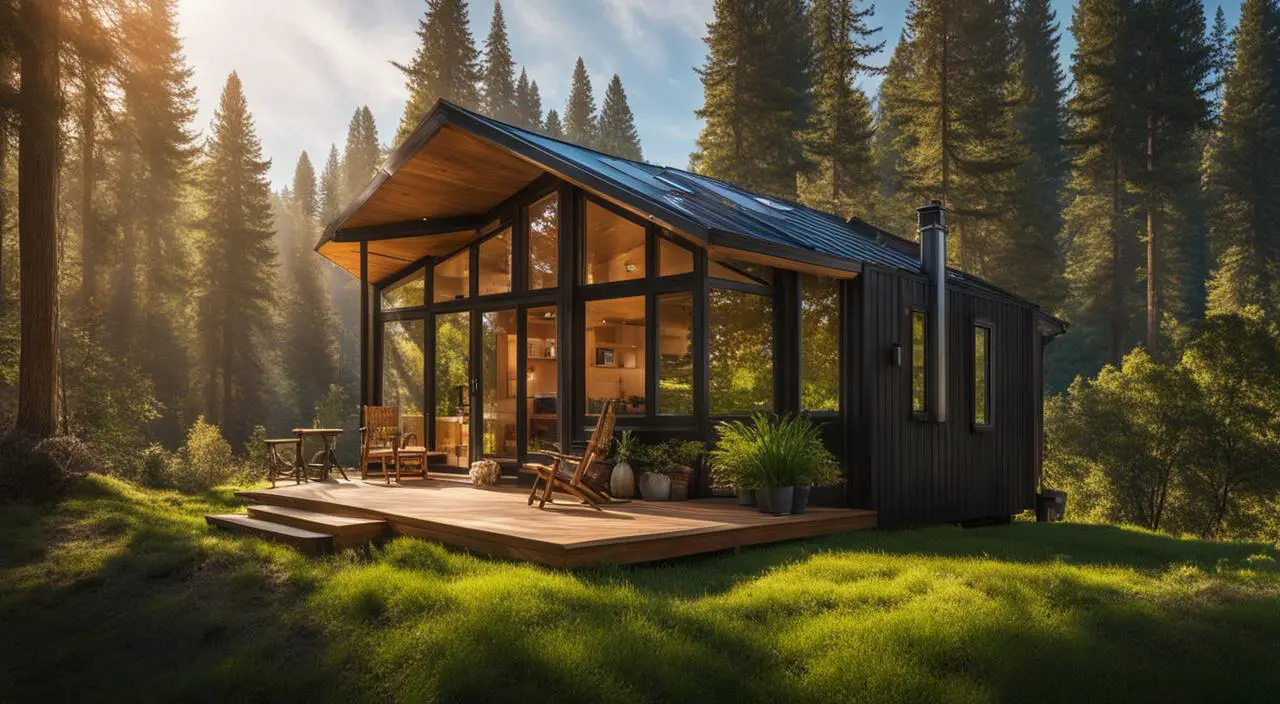
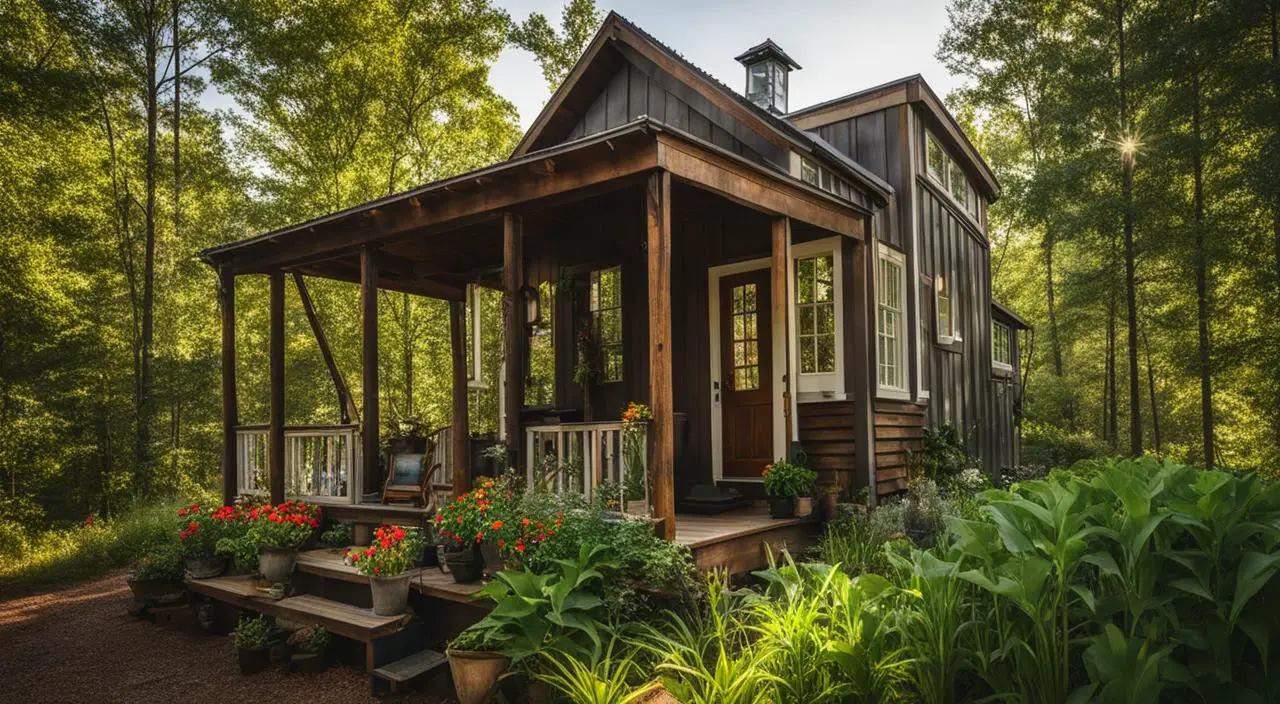
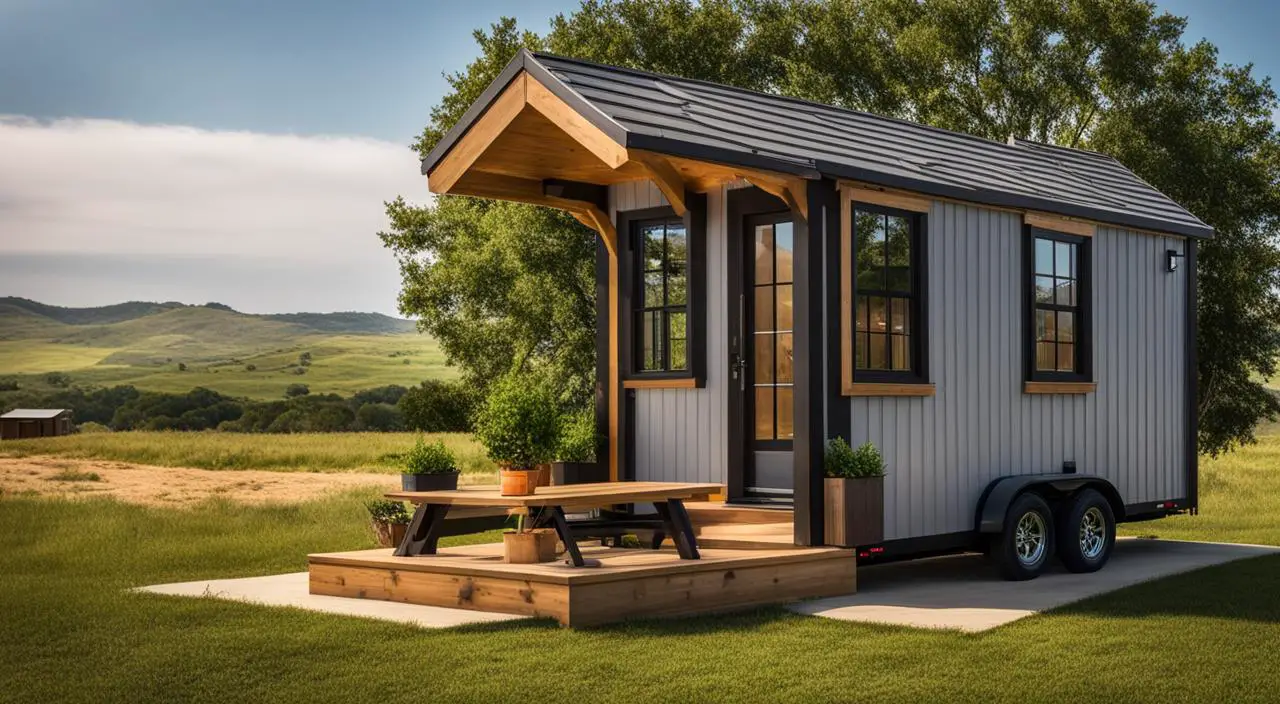
Leave a Reply